Every one of us is quite familiar with caffeine. Usually known as a one-stop solution to get rid of fatigue in the early morning or to work through a hectic afternoon.
Caffeine is a stimulant naturally present in coffee and added to some drugs and energy drinks to give you a deliberate energy boost. It lasts up to several hours in your body systems.
So if you’ve had your fourth cup of coffee or finished the third can of your favorite energy drink you might feel the energizing effects going south. Starting from headaches to heart palpitations and the most common “Jitters”.
To understand what are these jitters and how they occur, you must have an idea of how caffeine impacts your body. So let’s get into the details.
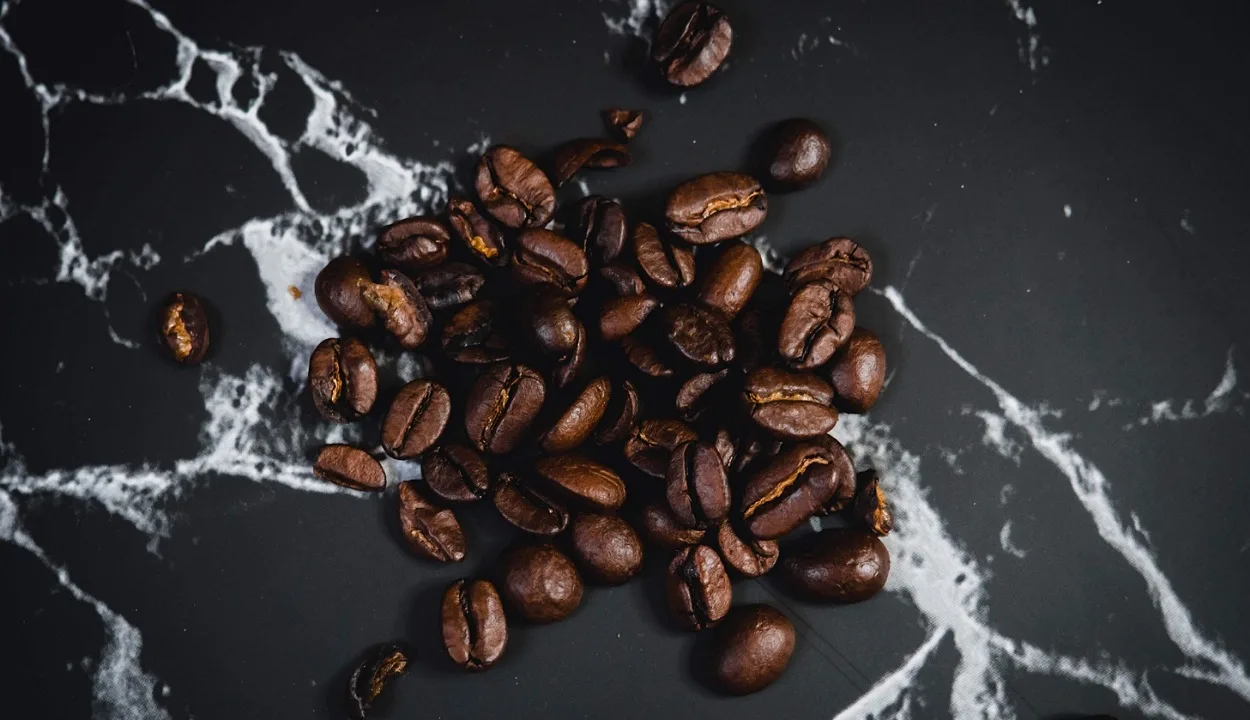
Contents
How does caffeine work?
Caffeine is the most common psychoactive drug/stimulant. It helps you get by your day when you are low on energy. And that’s the only reason we like it this much.
When you drink an energy drink during a hectic work shift, it gets absorbed into your system within minutes. The human body, when uses too much of its energy, produces a hormone called adenosine.
Adenosine is the hormone that tells your body that it is tired. Caffeine binds with these receptors blocking the fatigue signals to your body. In simple words caffeine masks the feeling of getting tired.
These effects can be seen within 30-60 minutes of consuming caffeine. And lasts longer up to a few hours until it stays in your system.
Caffeine is safe in amounts less than 400 milligrams according to FDA. Caffeine is metabolized by everyone differently.
It depends on your metabolism, weight, age, liver, and tolerance. Everyone has a limit to tolerating caffeine if you go par that limit you’ll end up with jitters.
What is Caffeine Jitters?
Jitters are the body’s response when there is an overwhelming amount of caffeine in your system. Jitters start with a gush of anxiety, a racy heart, or enhanced alertness.
You may feel that your energy levels are getting up, Which is why you consume caffeine in the first place. But you will feel some drawbacks too like sweating, shakiness, and restlessness. Some people might even experience a panic attack feeling lightheaded and out of breath.
These jitters can become worse if you are consuming caffeine with sugar and calories. But jitters are primarily the result of caffeine overdose.
Since caffeine has a direct effect on your circulatory system, your blood reacts to it immediately after consumption. It causes a surge in adrenaline, which results in jitters.
As your adrenaline levels rise, your heart begins to beat faster, indicating your body to enter fight or flight mode. According to a study, it also promotes the release of dopamine and neurotransmitters, resulting in greater brain and heart activity, as well as higher blood pressure and heart rate.
Can Energy Drinks Make You Jittery?
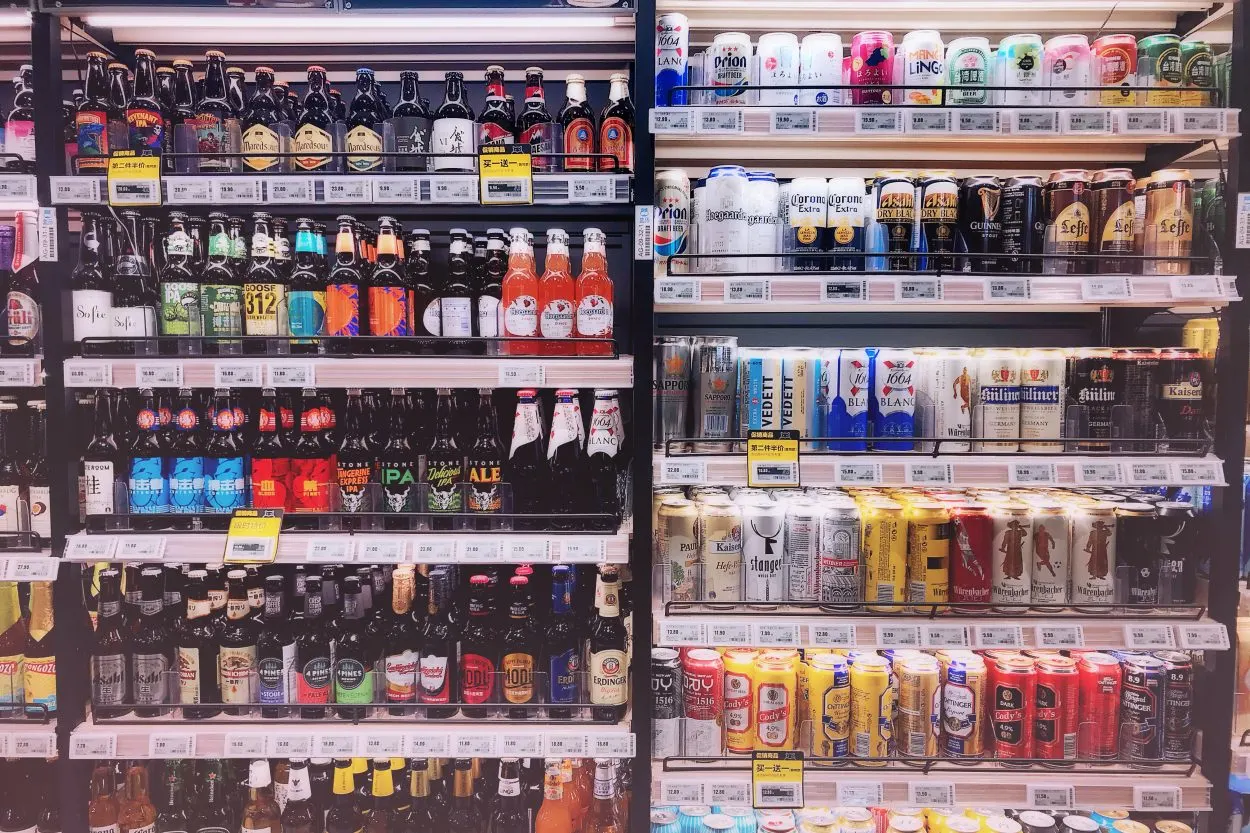
Energy drinks on a supermarket shelf
Energy drinks are called “energy drinks” because of the caffeine in them. On average, a 16 fl. oz. energy drinks contain 200-300 milligrams of caffeine.
Even though it is within the 400 milligrams limit, if you drink more than one serving of it you might end up with jitters. Plus the sugar and calories also add fuel to the fire making the jitters more strong.
Over the top usage of energy drinks to gain energy can backfire. Caffeine is a stimulant that works by replacing adenosine receptors in the brain, making us feel more alert and awake. Sugar is a carbohydrate that transforms glucose into energy.
Some energy drinks also contain guarana, Taurine, and Glucunorolactone as ingredients that maximize the impact caffeine has on your body. After drinking 2-3 cans in a day, you may feel your eyelids twitching and sweaty palms. Also, the following side effects can be seen;
- Nervousness
- Headache
- Shakiness
- Dizziness
- Irritability
- Diarrhea or stomach upset
- Irregular heartbeat or heart palpitations
Given below is a comparison of the caffeine content of some Energy drinks;
| Name | Serving size | Caffeine (mg) |
| Starbucks Tripleshot Energy | 15 oz. | 225 |
| 5-hour Energy Extra Strength | 1.9 | 230 |
| Bang | 16 | 300 |
| Monster Energy | 16 | 160 |
| Adrenaline shoc | 16 | 300 |
How Long Can Jitters Last?
You will notice Caffeine’s effects soon after 30 minutes of consumption. For most people, the level of caffeine in their blood rises approximately an hour later and remains there for many hours.
Half of the caffeine you drink remains in your body for six hours. Caffeine might take up to 10 hours to completely exit your bloodstream.
So the jitters might wear off within a few hours of consumption depending on their amount, your metabolism, tolerance, and age.
How to beat these Jitters?
Recovering from Jitters is similar to a hangover. You will have to wait it out.
Caffeine stays in your system for several hours. In fact, once caffeine has entered your body, there isn’t much you can do to get it out. The only method to get rid of it is to wait for it to flush itself naturally.
Nonetheless, there are a few things you can do to reduce its negative effects.
Avoid more Caffeine
Don’t drink any more coffee, energy drink, or any other caffeinated beverage. Look out for the hidden caffeine in your everyday food items as well.
It may seem like a no-brainer, but make sure you don’t eat your typical mid-afternoon chocolate-covered snack bar out of habit.
Drinking herbal tea and taking a vitamin C supplement can also help.
Eat Some food
Caffeine can be removed from the body as quickly as possible by eating anything. If you eat anything before drinking coffee or energy drinks, it will delay the absorption of caffeine into your bloodstream.
Also, it will urge your brain to produce serotonin, which will assist to reduce the effects of stress and anxiety. Just bear in mind to eat something healthy without any hidden caffeine in it.
Increase your water intake
Caffeine is a diuretic, so you’ll need to drink more water to compensate for what you’re flushing out. You don’t want to add to the problem by being dehydrated.
Take more electrolytes
You’re losing not only water but also electrolytes if you’ve been sick to your stomach or have diarrhea. You can switch to an electrolyte replacement solution, such as Pedialyte, for that.
Brisk walk or Jog
Going for a quick walk will help you burn off some of the restless energy and built-up anxiety due to the caffeine jitters.
Stepping outside for a few minutes to take a brisk walk can help you get over the jitters. But, if you feel anything strange about your heart rate, such as a sudden quick spike, then it’s better to stop.
Breathing Exercises
Breathe… It’s one of the simplest things you can do to combat the adverse effects of too much caffeine. Deep breathing exercises can help ease the anxiousness caused by an overabundance of caffeine.
You’ll feel instantly more relaxed once you’ve finished deep breathing. It can also help with stress relief.
If you’re unsure how to begin deep breathing, here is a simple technique you can try.
What Should You Look for in an Energy Drink to Avoid Jitters?
You should look for the caffeine content, sugar, and calories in the energy drinks before buying them to avoid jitters.
Caffeine
According to FDA, 400 milligrams is the daily caffeine limit. Look for an energy drink with lesser caffeine content than 400 mg. Also, keep a track of your consumption.
Sugar
Sugar is never good for us since there is no nutritional benefit to eating added sugar. They’ll just add fuel to the jitters. According to AHA, women should consume no more than 24 grams of sugar and men should consume no more than 36 grams of sugar.
Therefore avoid energy drinks with sugar more than the daily recommended intake. Look for sugar-free options instead.
Calories
Look for more diet-friendly energy drinks and more nutrients as well. If your energy drinks have more calories and sugar in them, it can lead to weight gain and diabetes.
Look for energy drinks with a decent daily value of vitamins, antioxidants, and electrolytes rather than Empty calories.
Some Energy Drinks with No Jitters
Here are some energy drinks with a decent energy boost and caffeine to give you energy.
Zipfizz
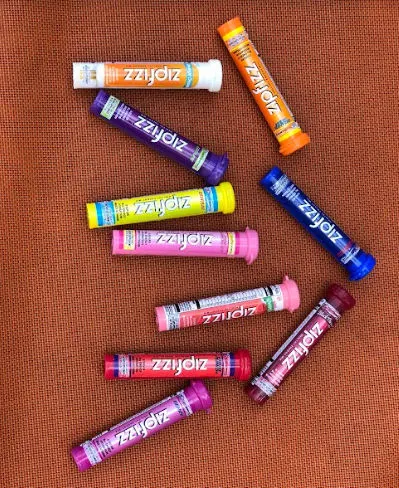
Zipfizz is a powdered energy drink that contains approximately 100mg of caffeine per serving (tube). It has no sugar and a calorie count of 20.
100 mg is enough caffeine for people with a low caffeine tolerance. It won’t make you jittery, even if you’re not used to it.
Zipfizz is available in the markets in little tubes and comes in about ten different flavors.
XS Energy Drink
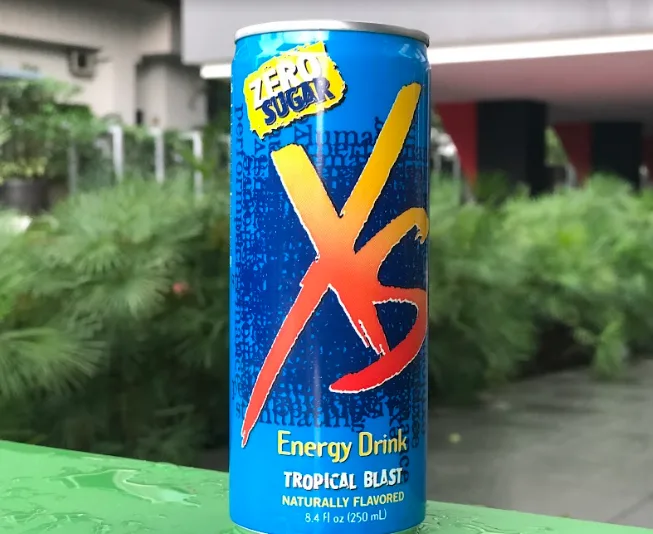
XS Energy Drink is available in 18 different flavors and has no sugar. An 8.4-ounce can of XS contains 80 milligrams of caffeine as well as a sprinkling of some nutrients.
There are also two caffeine-free options available:
- A caffeine-free cranberry-grape explosion
- Caffeine-free Mango, pineapple, and guava
Mountain Dew Kickstart
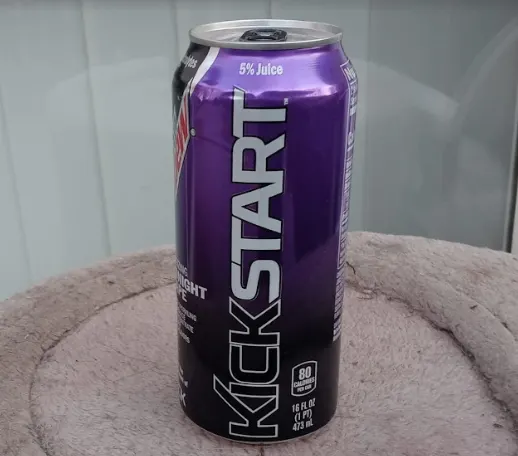
Mountain Dew Kickstart has 80 calories, 90mg of caffeine, and 20g of sugar in a 16 oz can. There are, two sugar-free options:
- Ultra Energizing Original Dew
- Diet Mountain Dew
If you’re not too concerned about your health, you might want to try Mountain Dew Kickstart.
Conclusion
My final verdict on this topic is quite clear. Caffeine Jitters are a reminder for your body to give it a rest.
Proper rest and moderate caffeine will not harm your health. But relying on caffeine to perform daily activities and overdosing on caffeine are the main causes of these jitters.
Energy drinks and jitters are closely related to each other. If you are an energy drink enthusiast like me, pick energy drinks with moderate caffeine and low sugar. Because sugar and caffeine when combined in large amounts, trigger jitters.
Try limiting your intake to only one can a day. And make sure to lead a healthy lifestyle so you don’t end up jittery on a Monday morning.
